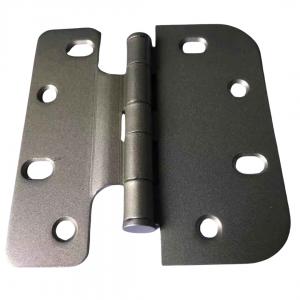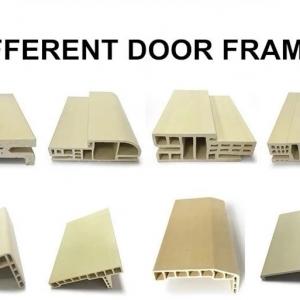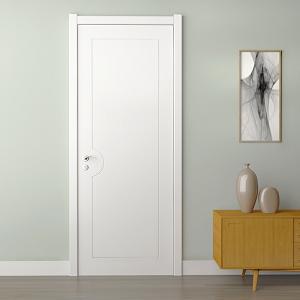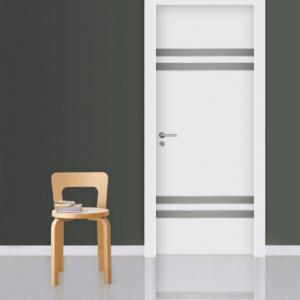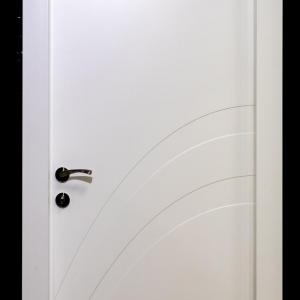When it comes to choosing the right doors for your home, several factors come into play, including durability, affordability, and overall benefits. In recent years, WPC (Wood Plastic Composite) doors have gained popularity due to their unique properties. In this article, we’ll delve into whether WPC doors are cost-effective compared to traditional wooden doors, taking a closer look at their advantages and disadvantages.
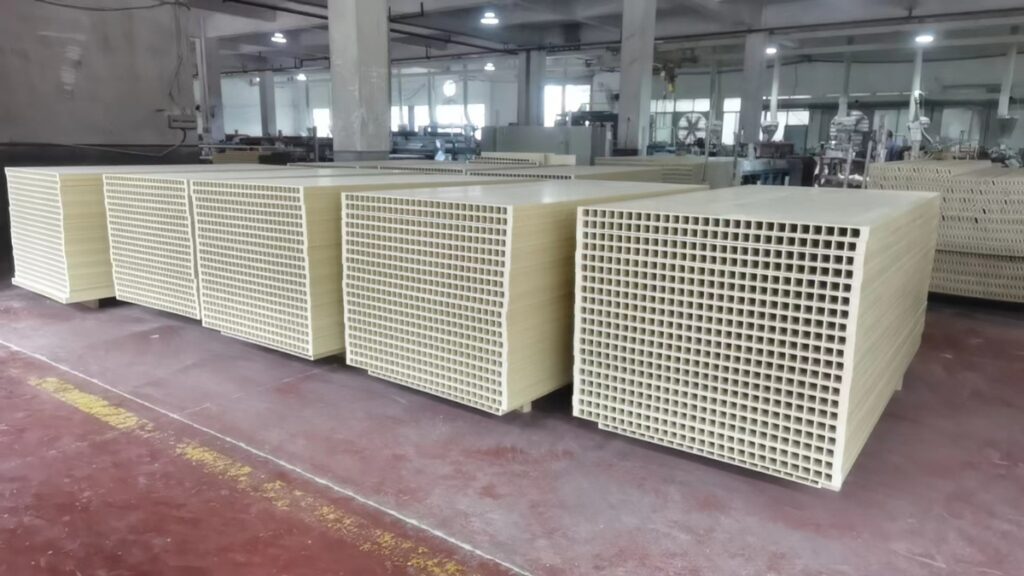
The Eco-Friendly Choice
One of the standout features of WPC doors is their environmental friendliness. These doors are crafted using a process that involves high temperature, high pressure, and vacuum conditions. Unlike some traditional wooden doors, WPC doors do not contain formaldehyde, toxic gases, or odors. This makes them a sustainable choice for those who want to make a positive contribution to the environment.
Durability and Maintenance
Durability is a critical consideration when evaluating the cost-effectiveness of doors. WPC doors offer several advantages in this regard. They are waterproof, moisture-proof, anti-corrosion, mildew-proof, and resistant to deformation. Thanks to their unique composition of wood and plastic, they are suitable for a wide range of environments, including spaces with temperature fluctuations and high humidity levels. This durability translates to a long lifespan, typically lasting 45-50 years.
In contrast, traditional wooden doors may require more maintenance over time. They are susceptible to weather-induced damage, insect attacks, and warping. While wooden doors may have a lower initial cost, ongoing maintenance expenses can add up, potentially making them less cost-effective in the long run.
Affordability
When it comes to cost, it’s important to note that while WPC doors may have a higher initial price compared to some wooden doors, their durability and low maintenance requirements can make them cost-effective over time. Additionally, the price of wooden doors can vary widely depending on the type of wood used, with high-quality wooden doors often coming with a higher price tag.
Noise Reduction and Security
Both WPC and wooden doors offer good noise reduction properties compared to other door materials. However, WPC doors tend to maintain their noise reduction capabilities over time, while wooden doors may degrade in this aspect.
In terms of security, wooden doors are known for their strength and durability. However, they can be vulnerable to weather-related damage and insect infestations. WPC doors, while offering slightly less security, have a longer life expectancy and are less prone to external forces.
Installation and Flexibility
Installing and replacing doors can also impact the overall cost. WPC doors are relatively lightweight, making them easier to install and replace compared to heavier wooden doors. This can lead to cost savings in terms of labor and installation time.
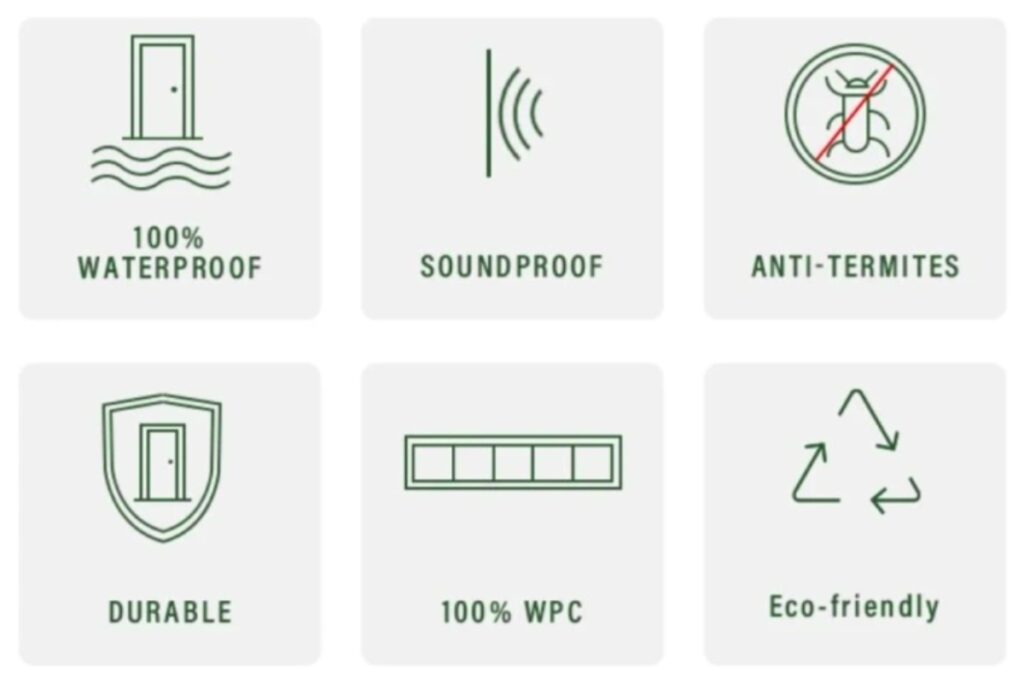
Choosing the Right Door for You
In conclusion, whether WPC doors are cost-effective compared to wooden doors depends on your specific needs and priorities. WPC doors offer numerous benefits, including environmental friendliness, durability, and low maintenance. While they may have a higher initial cost, their long lifespan and reduced maintenance expenses can make them a cost-effective choice in the long term.
On the other hand, traditional wooden doors are known for their strength and security. However, they may require more maintenance and can be susceptible to weather-related damage.
The decision ultimately comes down to your individual preferences and budget. Consider your specific requirements, the environment where the door will be installed, and your long-term maintenance expectations when making your choice between WPC and wooden doors.


